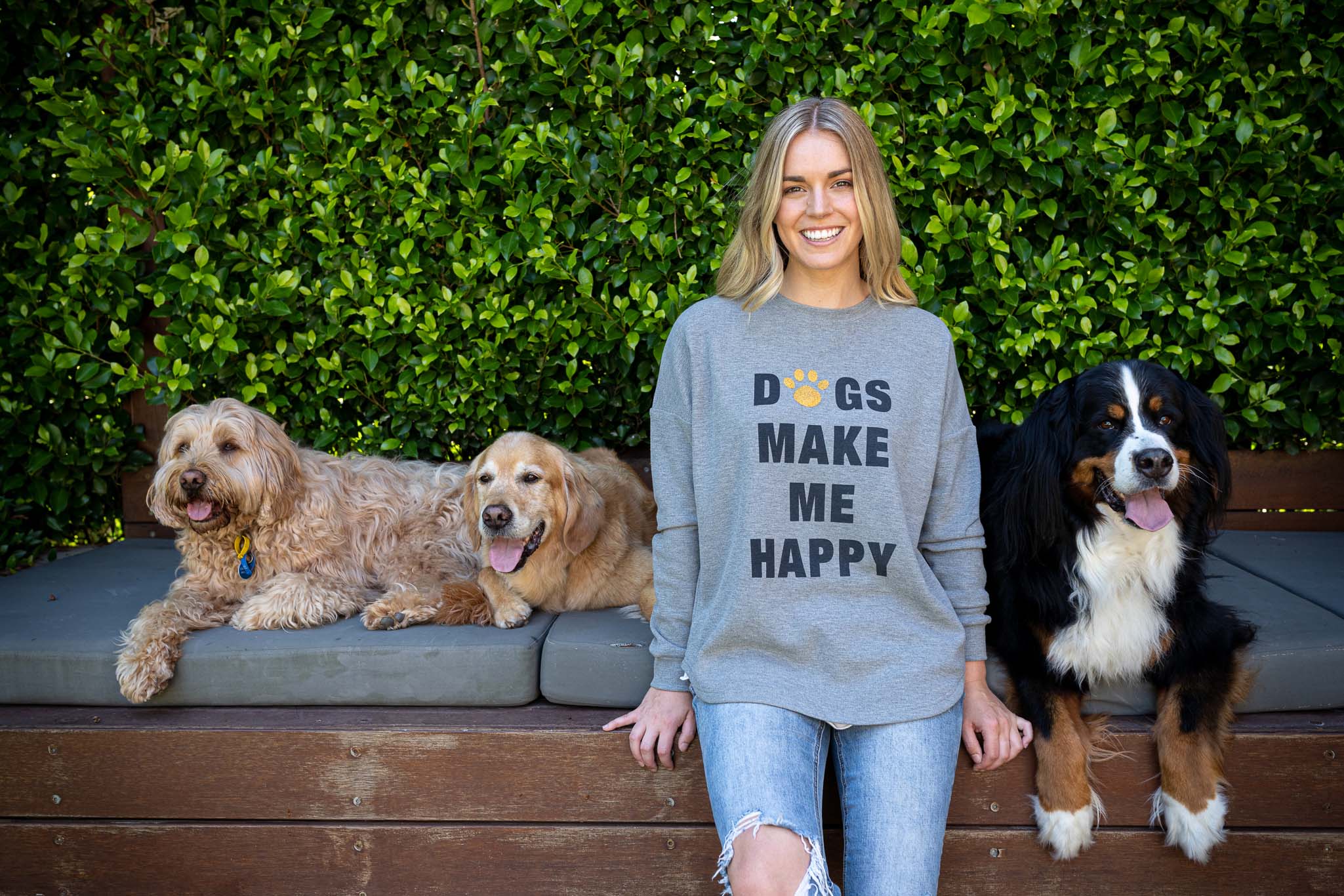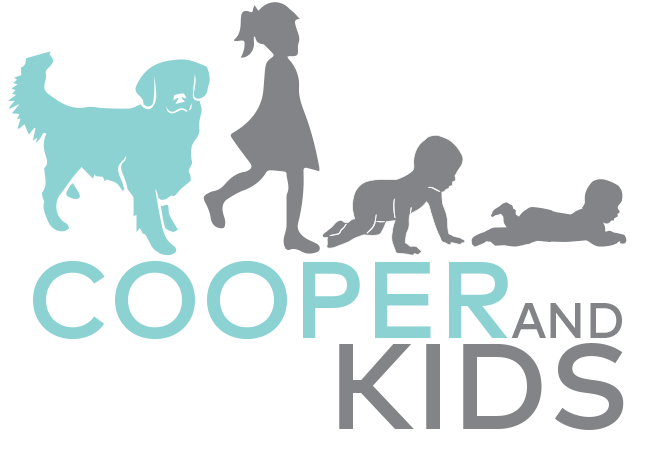Is your Puppy Mouthing Biting and Nipping Chewing Everything? Here’s what to do…
Puppies are little biting and chewing machines. They bite things that move, things that don’t move, each other, your hands, anything and everything. And they have razor sharp teeth.
Not only is this normal, it is an important part of their development. When puppies play, they learn from their playmates’ yelps and body language when a bite is too hard. Over time, a puppy figures out how to use his mouth more gently (inhibit his bite) to keep play going. But it is also our job as their new human parents to teach them what is and isn’t appropriate in our human world.
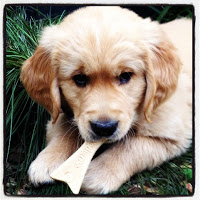
Why Do Puppies Mouth, Nip and Chew So much?
- This is how they explore the world!
- This is how they play with other dogs – so we need to guide them and teach them how to play with humans.
- Attention Seeking behaviour – that’s right, your pup may have learnt that biting you gets your attention.
- They might be doing it because they are over-tired! Your pups should be sleeping 18-20 hours a day – so make sure they have a safe place to sleep uninterrupted. Just like young kids – puppies get wired and hyper when overtired! So actually giving you puppy a time out in their safe place during these crazy moments but might actually help to fulfil their need for more sleep.
- They might be teething and have a sore mouth – this starts anytime from 12-16 weeks. You can usually tell when it’s teething as they seem sore and might start going for those colder, harder items.
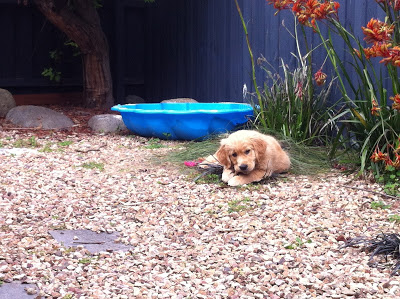 What to Do About Puppy Mouthing and Nipping
What to Do About Puppy Mouthing and Nipping
It’s important to help your puppy learn to control his mouthy behaviour in our human worlds. But before knowing what to do to help we need to look at WHY it is happening. So consider the above to figure out WHY it’s happening in that moment with your pup so you can understand the best way to help them.
1. Clean Up! Puppy Proof your Home and put away those things you don’t want them to chew on
What is certain is that chewing is normal and healthy, not a behaviour problem. But it can still be a regular problem—for you and your furniture. Whether you have a puppy or a newly adopted grown dog, give your dog plenty of allowed things to chew right away to get them hooked on those instead of your shoes.
Our puppies will also try to chew on our belongings if we leave them lying around. This is not your puppies fault – they are just exploring. By puppy proofing our homes, we want to minimise the items they are not allowed to chew on and provide them with appropriate things they can chew. Dogs explore the world with their mouths. They want to feel and touch and taste it all! Set your puppy up for success and clean up your house. What you leave lying around is fair game. Remove small items from the floor, low bench tops. Move small items into cupboards, draws and shelving where you know that the puppy won’t be able to get to and stop leaving your undies, shoes and socks lying around because it will be your fault if your puppy decides to chew them up! Same goes for kids toys if you have children. Try and have an allocated box or room where these will live that your puppy can’t have access to. Where possible, prevent mistakes and when you just can’t supervise, put your puppy or dog in an enclosed, dog-proofed area with a chew they are allowed to have.
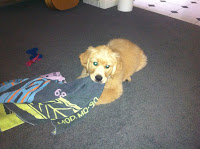
2. Create a Safe place for your puppy
If you cannot be supervising your puppy, they must be confined somewhere safe so they cannot bite or chew the house to pieces or your kids. This will keep them safe and secure. This will also provide a safe place for your puppy to sleep more. A tired puppy will bite more. So make sure you have a playpen, quiet room or a crate for your puppy to be able to have some uninterrupted rest and sleep. When you pop them in here, give them something to do – a chew toy, a kong, a lickimat. Make it a place they love to be and want to go to.
3. Give your puppy plenty of things they CAN chew on
Dogs love and need to chew! If you don’t provide them with things they CAN chew – they will go looking for things.
You need to teach your dog the difference between biting a chew toy and biting human skin. They don’t know the difference , they don’t know what they can and can’t have or chew on – so it is our job to teach and guide them.
So what are some ideas of things you can give your dog to chew on?
- Dog Toys: have a variety – soft ones, hard ones, squeaky ones, ropes. Keep it exciting and don’t have them all out at once, rather have a few out and rotate frequently.
- Enrichment toys: Kongs, Topples, Lickimats, Puzzle toys. Lickimat’s are fantastic enrichment treats for dogs looking for something to do. They have so many benefits for puppies, including helping to sooth and calm them.
- House-hold items: paper towel or toilet paper rolls, egg cartons, milk bottles. The list goes on!
- Dog Treats: which ones will depend on your dogs age so make sure to chat to your vet about this and then – head to https://getwag.com.au/collections/best-for-puppies for some good options!
- Fruit and Veg: a slither of cucumber, carrot, apple. Anything fresh and healthy that is safe for dogs is a great alternative.
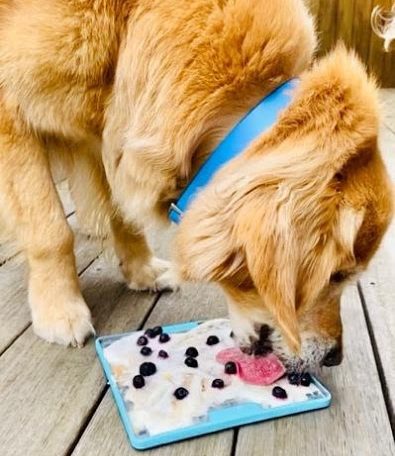
4. Positively Reinforce the behaviours you want to see more
When you see your puppy chewing on something he is supposed to be chewing on, tell him he is a good boy! When you redirect him and it works, praise him! The more you praise him for those good behaviours, the more he will do them. To a puppy, any attention is good attention so if your puppy tries to bite you – and you say no or wave your hands around or try to run away, he could see that as attention and think it’s a fun game and chase you and come back for more. So if he doesn’t let up, he is going to lose you. The moment you feel those teeth on your skin, move your hands away, if your puppy continues to bite, stand up – “Stay Calm and stand like a TREE” What to do when you want a dog to calm down or move away. And then make sure to teach this to your children too! Remember that if this doesn’t work and your puppy just keeps coming for you, it might be time for a sleep!
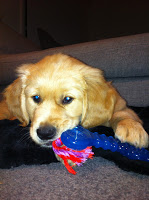
5. Teach Your Puppy to Be Gentle – Using Bite Inhibition
The ultimate goal is to train your puppy to stop mouthing and biting people altogether. However, it is also very important to teach your dog that people have very sensitive skin, so he must be very gentle when using his mouth.
Bite inhibition refers to a dog’s ability to control the force of his mouthing. A puppy or dog who hasn’t learned bite inhibition with people doesn’t recognise the sensitivity of human skin, and so he bites too hard, even in play. A dog who has learned to use his mouth gently when interacting with people will be less likely to bite hard and break skin if he ever bites someone in a situation apart from play—like when he’s afraid or in pain.
If your puppy gives you a good nip – that is just too hard, make a loud high pitch squeal to mimic what his brother and sister’s would do if they were playing and he got too rough. However, if your puppy just keeps coming back for more, get up and walk away slowly.
Puppies usually learn bite inhibition during play with other puppies or from their mum. If you watch a group of puppies playing, you’ll see plenty of chasing, pouncing and wrestling. Puppies also bite each other all over. Every now and then, a pup will bite his playmate too hard. The victim of the painful bite yelps and usually stops playing. The offender is often taken aback by the yelp and also stops playing for a moment. However, pretty soon, both playmates are back in the game. Through this kind of interaction, puppies learn to control the intensity of their bites so that no one gets hurt and the play can continue without interruption. If puppies can learn how to be gentle from each other, they can also learn the same lesson from people, so it is up to us to mimic that same yelp a puppy would make.
Finally, you need to remember that puppies aren’t nipping and biting intentionally to hurt you. They just want to explore the world the only way they know how, play with you, get your attention and even soothe their sore gums if they are teething. Remember to satisfy your dogs needs!! Give them plenty of things they CAN chew on and put away the things you don’t want them to chew on. Always reward their good behaviour and ignore or redirect the undesired behaviours. And make sure they are getting enough sleep!
Mel xox
PS. Make sure to head to our SHOP if you haven’t already! Spoil yourself and your dog!!
